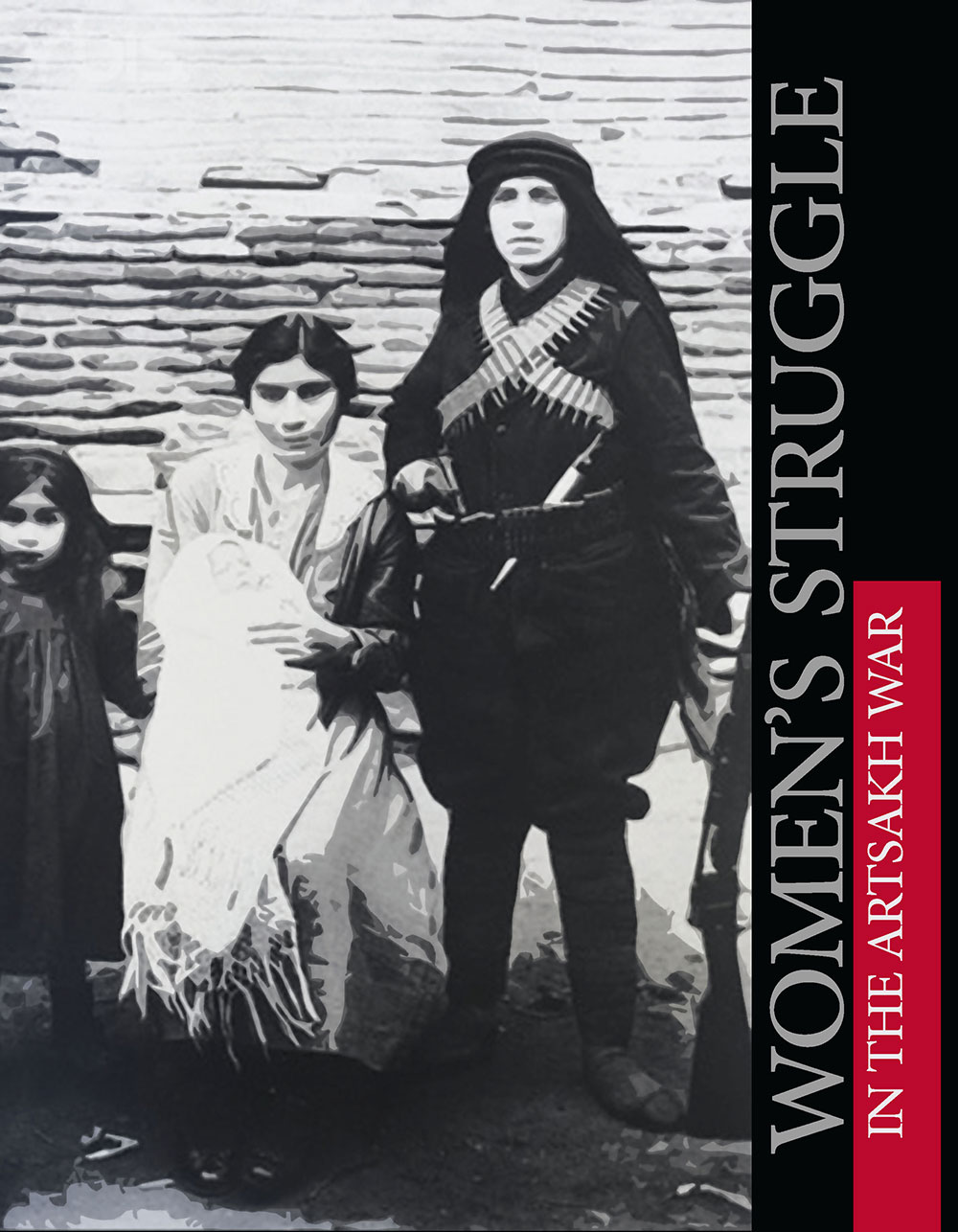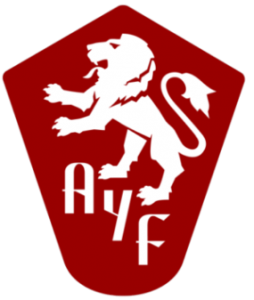Women’s Struggle in the Artsakh War
 In all societies, the discrimination women experience during and after armed conflict stems from a traditional understanding of gender roles. The Armenian society, deeply entrenched in patriarchy, is no different. The perception of women as nurses, wives and mothers is the norm, whereas men are cast as aggressors and soldiers. Although women in the struggle for Artsakh’s liberation originally entered the war effort as nurses, it wasn’t long before many of them grew impatient of their limited roles and began to take up arms.
In all societies, the discrimination women experience during and after armed conflict stems from a traditional understanding of gender roles. The Armenian society, deeply entrenched in patriarchy, is no different. The perception of women as nurses, wives and mothers is the norm, whereas men are cast as aggressors and soldiers. Although women in the struggle for Artsakh’s liberation originally entered the war effort as nurses, it wasn’t long before many of them grew impatient of their limited roles and began to take up arms.
Varduhi Gevorgyan, who was awarded with the Battle Cross Medal for her participation in the war, said:
“I swore on the grave of my first commander and a good friend of mine from childhood that Karabakh [Artsakh] will be freed. Our people must live in peace. Back then, Gayane Arakelyan and I spoke to Arkady Ter-Tadevosyan asking his permission to create a female unit. After receiving approval, we posted the announcement. A few days later, we already had twenty-eight volunteers. Eighteen of them were sent to a training center, and eight girls were ready to go into battle.
Now, we can proudly say that the female unit was not inferior to the male unit in any sense; sometimes we even surpassed them. Sometimes, they wanted to be like us.”
Women who wanted to join their male compatriots in the trenches met resistance. Men wouldn’t allow them to join fighting units and tried to convince them not to fight. Garineh Danielyan, a freedom fighter, explained that although the men tried to convince her, to stay at home she wouldn’t budge. She was so stubborn that they eventually had no choice but to accept her. She said, “At first, I was the only female in our group; I didn’t know there was a woman’s group in the city. Later, when they came to Shushi, we joined forces. It’s one thing when you’re alone with men, it’s another when there are women with you.”
During this time, women fell victim to corruption and bribery, solely based on their gender. Anoush Ter-Taulian, a diasporan Armenian living in Artsakh since 1994, recounted the stories of young women who gained or retained posts in return for giving in to the sexual advances of army leaders and generals. Others, on the other hand, were forcibly summoned to a newly-built mansion to face severe punishments for refusing these advances. In one case, an entire family from Martakert fled Artsakh to avoid the consequences of refusal.
Gen. Samvel Babayan, Karabakh’s Defense Minister and Commander-in-Chief (1994-2000), is the man responsible for these developments and credited with provoking a culture of machismo and corruption in the military. As a result, women’s efforts to break down barriers and achieve gender equality— during and after the war —were threatened.
History often fails to recognize the contributions of women. Women who have exercised power, determined the course of events, and fought for our rights and our peoples are often forgotten. Women’s roles in the war should be honored and particularly respected due to all the hardships they faced as a result of their courage. Just like their male counterparts, they too had the next generation in mind when risking their lives for their homeland. We must now ask ourselves – what have we done and what will we do to carry on the legacy of women like Varduhi Gevorgyan, Gayane Arakelyan, Garineh Danielyan, or Anoush Ter-Taulian?
– Nora Kayserian
— Sources —
Danielyan, G. (2008). Personal interview with T. Aghabekyan.
Kasbarian, A. (2001). Challenging the Order or Reconfirming It? Reflections on Nationalism and Gender in the NagornoKarabakh Self-Determination Movement, 1988-1995. Doctoral Dissertation, Rutgers University, New Brunswick, New Jersey.
Ter-Taulian, A. (2001, January). Personal interview with A. Kasbarian.


Leave a Reply
Want to join the discussion?Feel free to contribute!